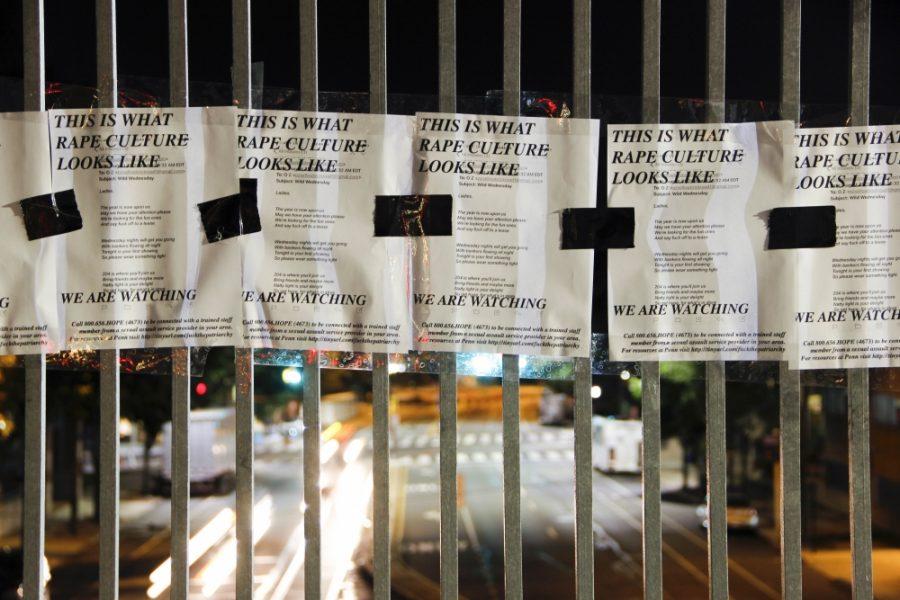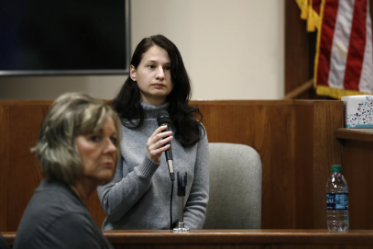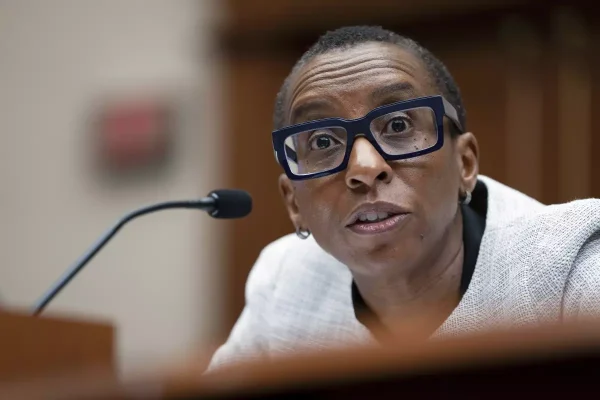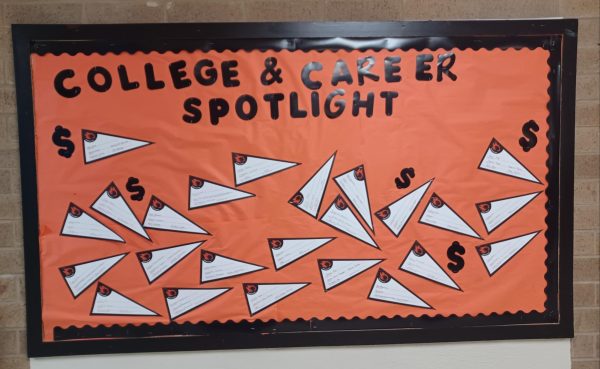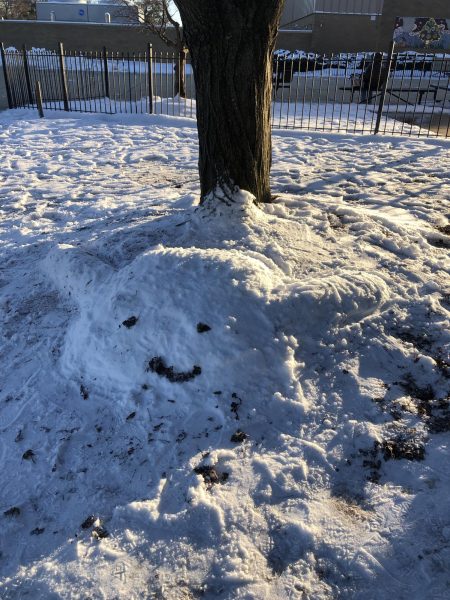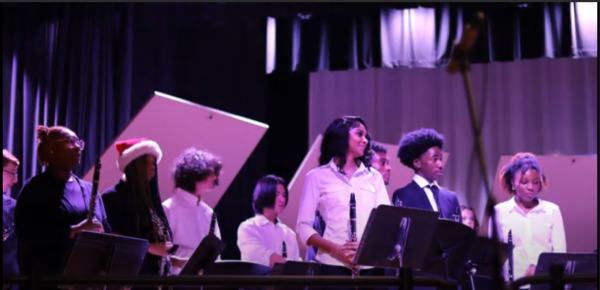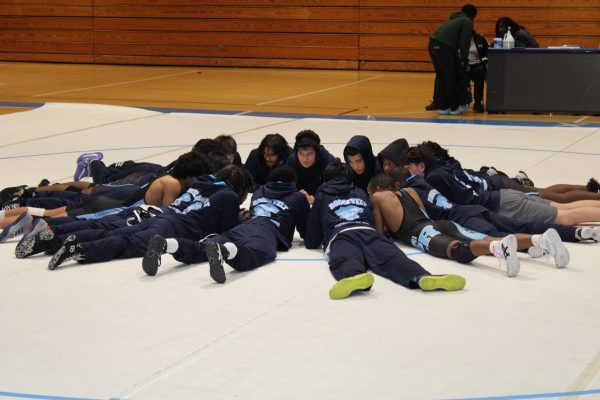Sexual Harassment Still Prevalent in Higher Education Institutions
October 26, 2016
On August 31, freshmen women at the University of Pennsylvania received an email containing a poem filled with sexist remarks titled “Wild Wednesday” from an off campus fraternity, “OZ.” According to the Daily Pennsylvanian, the email included lines such as “Tonight is your first showing/So please wear something tight” among other objectifying statements.
Various versions of the crude email have been sent out in past years, but this year, students decided to take action. A small group of upperclassmen women, led by Amanda Silberling, rallied together to make fliers of the email with “THIS IS WHAT RAPE CULTURE LOOKS LIKE” plastered on top along with “WE ARE WATCHING” and resources for sexual assault survivors at the bottom. Hundreds of copies were made and put up throughout the campus to let freshmen know that the sexual harassment isn’t being ignored, and to combat the misogynistic and sexist ideologies showcased by the email.
This incident isn’t the first of its kind–sexual harassment has been prevalent on college campuses for years. In 2005, a report of sexual harassment at the University of Arizona department of astronomy was filed because former Professor Timothy Slater and current Professor Edward Prather were regularly in violation of the school’s sexual harassment policy towards students. Even more recently, on September 9 2016, an email similar to the derogatory one spread at UPENN was sent out to students at the University of Richmond by the Kappa Alpha chapter with statements such as “Tonight’s the type of night that makes fathers afraid to send their daughters away to school,” according to the Washington Post.
However, derogatory jokes and comments are not exclusive to college environments. ERHS senior Sunni Moon stated that she hears rape jokes and sexist comments “pretty often in and out of school.” She went on to say that “they’re harmful because they give off the idea that assault is less serious than it is and it’s just highly insensitive.” Senior Joed Ngangmemi said that “although I don’t really pay attention to them, I hear them almost every other day.”
Emails such as the ones sent by the fraternities are not only blatant examples of harassment, but also serve to promote harmful ideologies and rape culture. Rape culture refers to an environment where sexual violence is both excused and normalized through popular culture and the media, leading to victim blaming, fear of reporting, and a disregard for women’s safety and rights.
Junior Darius Foster said, “Jokes very much promote sexual assault because it ignores the sensitivity and seriousness of it.” He continued, saying, “they cause people to become comfortable with the issue of rape. There should never be a period in time where the issue of rape becomes a comfortable topic.”
Senior Ngonda Agha said, “I always tell people those type of jokes aren’t okay when I hear someone say one. It’s something that I can do to try to stop making sexual assault seem like the type of thing you can laugh about.”


